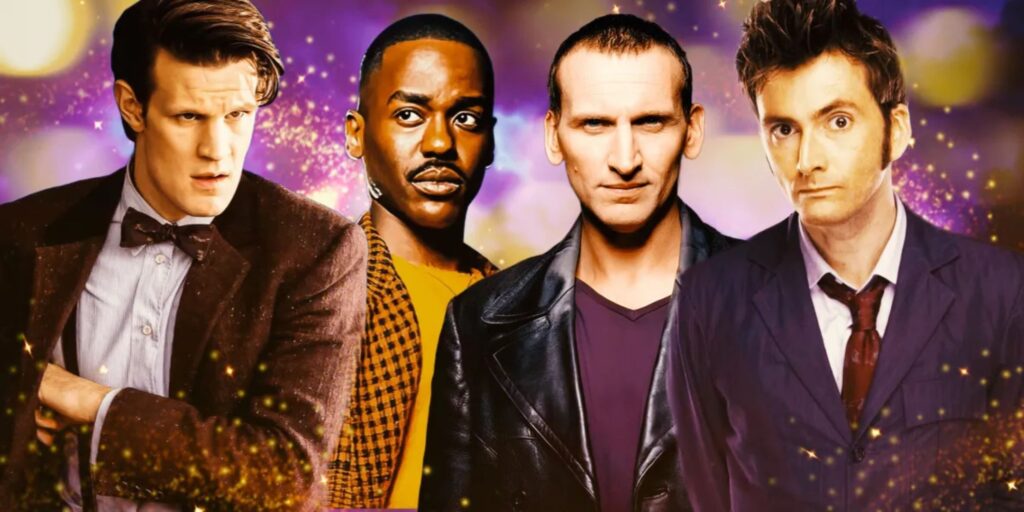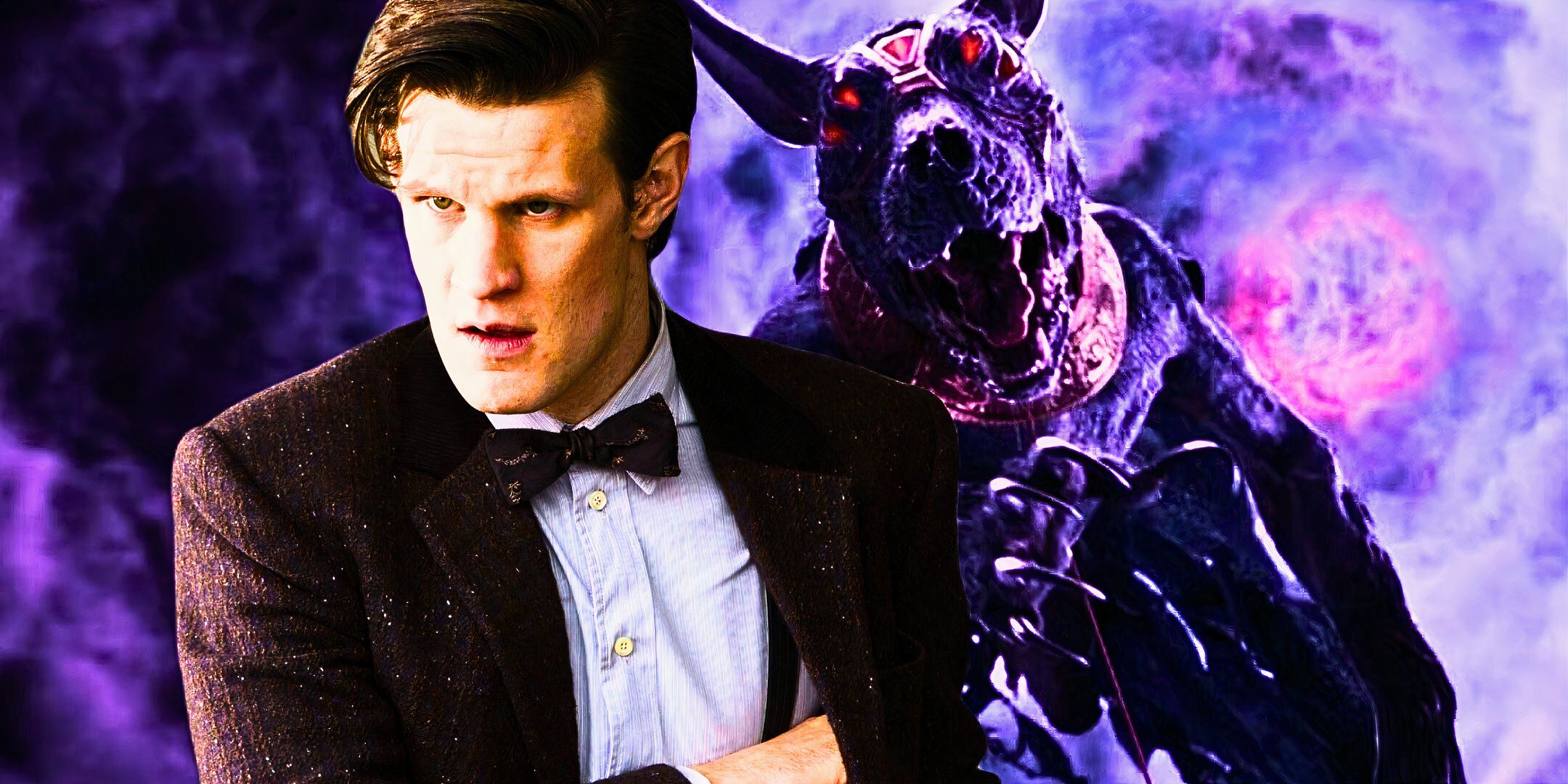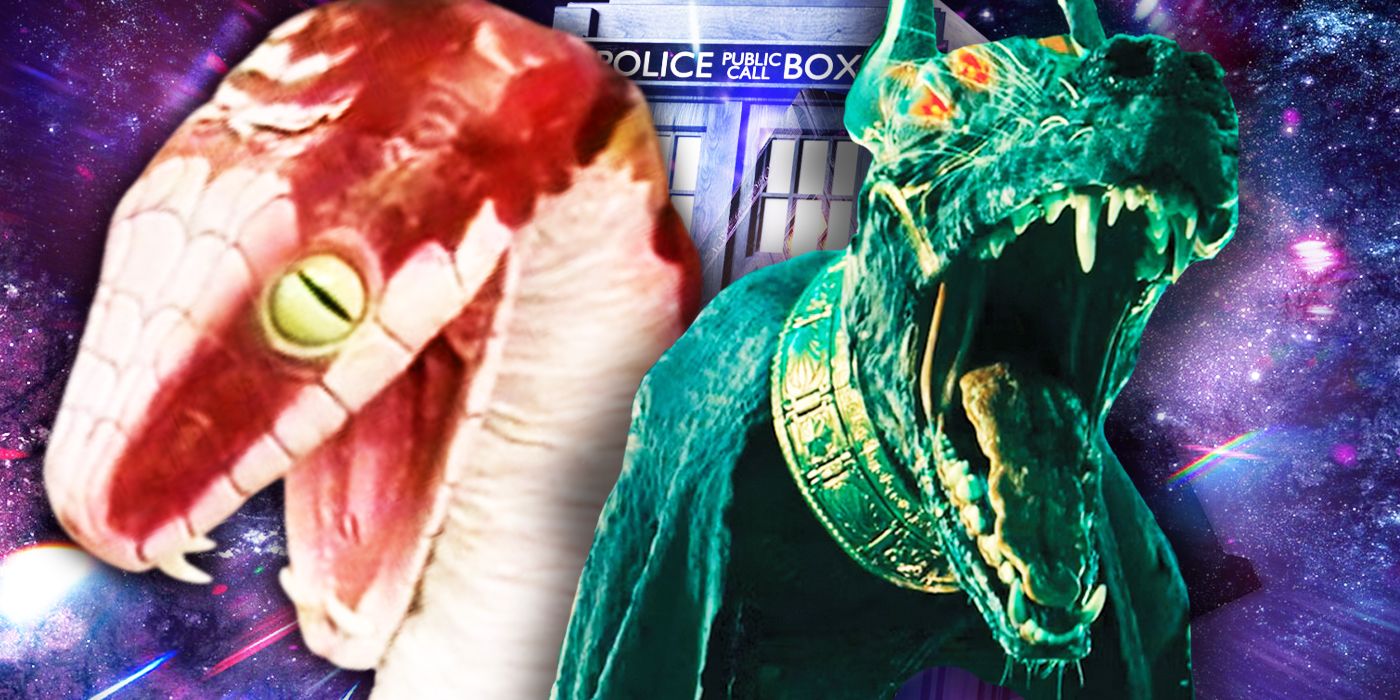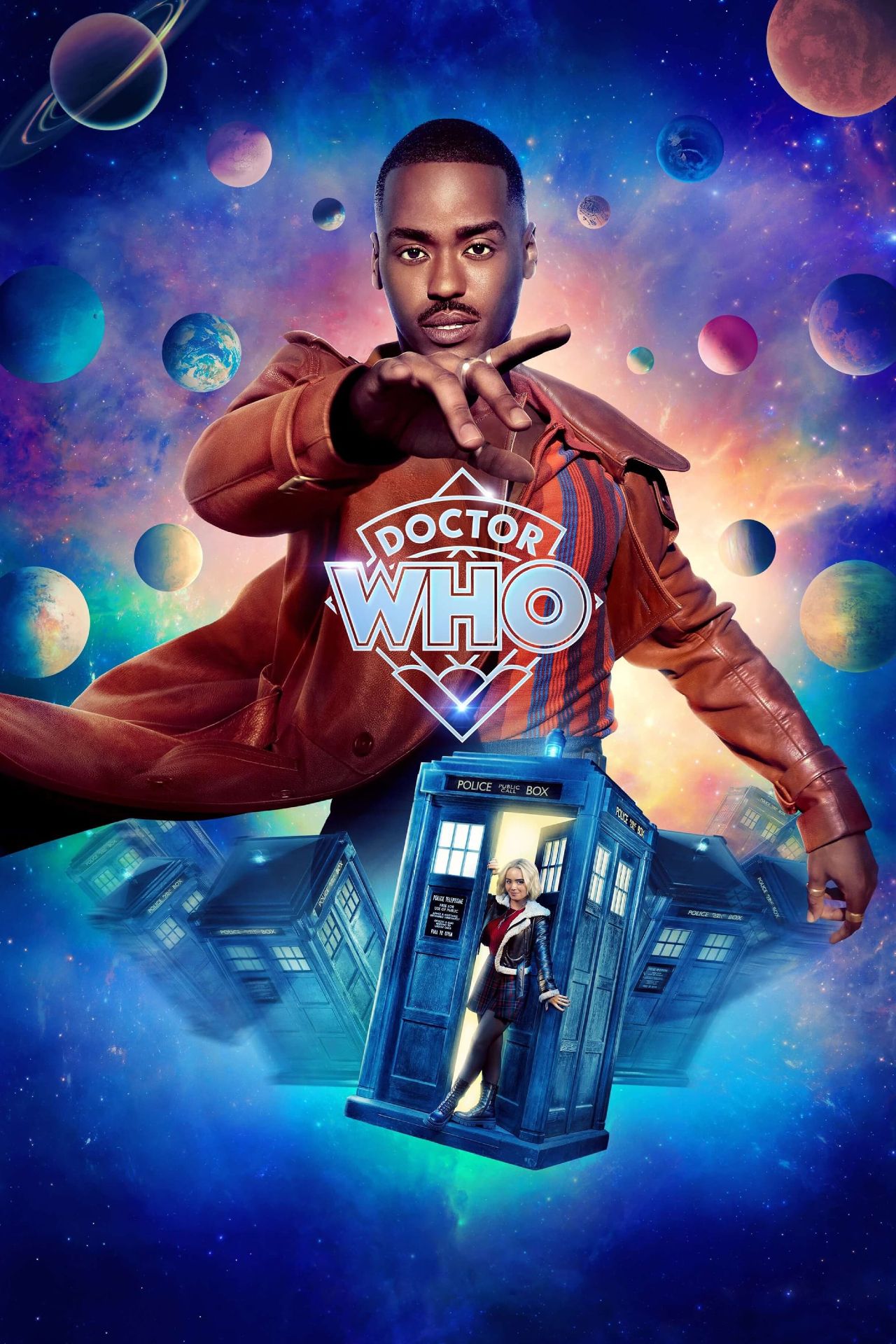Why So Many Of Doctor Who’s Pantheon Gods Are Appearing Now

Warning: Spoilers ahead for Doctor Who season 15, episode 2, “Lux.”The Pantheon of Gods holds a confusing place in Doctor Who canon because the group has existed within the show’s continuity for eons but has also just now started to show up – but there is an explanation for why they’ve been absent until now. Doctor Who‘s Pantheon is the collective term for a specific category of villains. Some have their roots as far back as Doctor Who‘s classic era, while others have only made their respective debuts more recently.
Returning showrunner Russell T. Davies has been busy retconning certain elements of Doctor Who canon to make the Patheon work, and it has been interesting to watch unfold. There is one moment in particular that is especially pivotal to the recent resurgence of the Toymaker (Neil Patrick Harris) as well as newer Pantheon Gods, like Jinkx Monsoon’s Maestro from Doctor Who season 14, episode 2, “The Devil’s Chord.” It happened in just Davies’ second episode back in the showrunner’s chair and kickstarted one of Ncuti Gatwa’s biggest arcs as the Fifteenth Doctor.
The Fourteenth Doctor’s Salt Trick Paved The Way For The Pantheon’s Arrival
David Tennant’s second comeback episode triggered the Toymaker’s return
After Chris Chibnall’s divisive run as the Doctor Who showrunner, fan-favorite David Tennant was brought in to replace Jodie Whittaker’s Thirteenth Doctor as the show’s primary version of the Time Lord. Tennant’s reunion with Davies was a groundbreaking reprisal of the Doctor, as he canonically became the Fourteenth Doctor after also being the Tenth during the first few years of the show’s revival era. During the second of his three 2023 comeback episodes, “Wild Blue Yonder,” Fourteen invoked a salt-based superstition at the edge of the universe as a ploy to keep the Not-Things at bay.

Related
Matt Smith’s Eleventh Doctor faced many villains new and old, but a figure from the former category could easily return thanks to the Pantheon.
Fourteen admits afterward that daring the Not-Things to cross the line of salt without counting each and every grain first was a bluff. It never had any real power on its own, but such a superstitious act in a setting where the walls of reality were so thin did create an opening for the Toymaker to re-enter Doctor Who‘s primary reality for the first time since he was played by Michael Gough in 1966’s four-episode arc. However, it wasn’t just the Toymaker who was able to cross over, as other Gods have been continuing to make the journey ever since.
Really, The Pantheon Gods Have Always Been There In Doctor Who
Davies has rounded up a group of pre-existing Doctor Who villains (& made additions)
Even though certain members of the Pantheon are only just now starting to rear their heads, some of the Gods have long littered the Doctor Who timeline. For example, Sutekh’s return at the end of Doctor Who season 14 was his first appearance since Tom Baker’s “Pyramids of Mars” serial from 1975. Similarly, Sutekh confirms during his comeback that the Trickster was the God of Games, and Trickster made his debut in The Sarah Jane Adventures‘ 2009 “The Wedding of Sarah Jane Smith” two-parter. Trickster announces in the Doctor Who spinoff that he’s a member of the “Pantheon of Discord.”
More established Patheon Gods like the Toymaker, the Mara, and Sutekh, are easier to provide explanations for when it comes to where they’ve been all this time. For newcomers like Maestro and Lux, there are a lot more questions.
Even though the Patheon Gods have now been canonically installed as impossibly old beings, the real-world explanation for their lack of connection in the past is that Davies has only recently allowed them to be more than independent characters. More established Patheon Gods like the Toymaker, the Mara, and Sutekh, are easier to provide explanations for when it comes to where they’ve been all this time. For newcomers like Maestro and Lux, there are a lot more questions. That being said, Fourteen’s salt gambit provides at least a token reason for their recent freedom.
A Higher Power Might Be Behind Doctor Who’s Influx Of Pantheon Gods
Disney’s Doctor Who has been heavy on the cosmic connections
The Fourteenth Doctor’s actions in “Wild Blue Yonder” best explain the Toymaker and every God that has followed him across the interdimensional boundary in recent years. However, I think there could be more to the phenomenon than has currently been revealed. Doctor Who‘s Disney era has paid more attention than usual to fantasy storylines rather than hard sci-fi arcs, so I feel like another big revelation about the Pantheon is waiting just around the corner.

Related
Doctor Who’s Sutekh TARDIS Retcon Has A Hidden Consequence For The Fifth Doctor Era
Doctor Who has had to change numerous times to adapt and stay on the air for over 60 years, but occasionally, this does lead to plotholes.
One of the most convincing theories I’ve seen is that the Doctor is unknowingly part of the Pantheon and holds the title of the God of Life. His ability to regenerate (which was harvested from him by the Time Lords) and compulsive need to save people would seem to support this, even if he isn’t aware of his true origin thanks to having his mind wiped by Divison before his time as the First Doctor (William Hartnell).
As the God of Life, the Doctor could be the only one capable of stopping them, and that has proven to be correct so far.
If this theory is true, then the Doctor’s massive revelation in Chibnall’s Timeless Child storyline of him being an unknown species from another universe could have been the start of the Pantheon converging on his position. Little is known about the Pantheon’s shared goals – if they even have any – but they have each displayed a passion for destruction and death. As the God of Life, the Doctor could be the only one capable of stopping them, and that has proven to be correct so far. As such, Doctor Who could eventually add even more to the Doctor’s recently retconned backstory.
|
Doctor Who Season 15’s Release Schedule On Disney+ |
||
|
Episode |
Title |
Release Date (2025) |
|
1 |
“The Robot Revolution” |
April 12 |
|
2 |
“Lux” |
April 19 |
|
3 |
“The Well” |
April 26 |
|
4 |
“Lucky Day” |
May 3 |
|
5 |
“The Story and the Engine” |
May 10 |
|
6 |
“The Interstellar Song Contest” |
May 17 |
|
7 |
“Wish World” |
May 24 |
|
8 |
“The Reality War” |
May 31 |

- Release Date
-
December 25, 2023
- Directors
-
Douglas Camfield, David Maloney, Christopher Barry, Michael E. Briant, Barry Letts, Michael Ferguson, Richard Martin, Peter Moffatt, Pennant Roberts, Lennie Mayne, Chris Clough, Ron Jones, Paddy Russell, Paul Bernard, Michael Hayes, Timothy Combe, Morris Barry, Gerald Blake, Graeme Harper, Waris Hussein, Rodney Bennett, Mervyn Pinfield, Hugh David, John Gorrie
- Writers
-
Russell T. Davies, Dave Gibbons, Kate Herron, Steven Moffat
- Franchise(s)
-
Doctor Who







